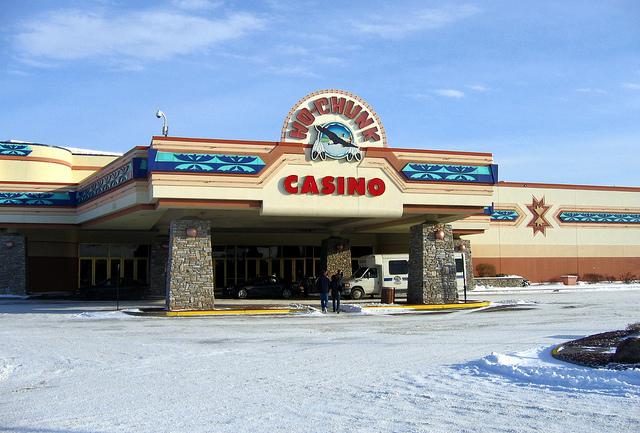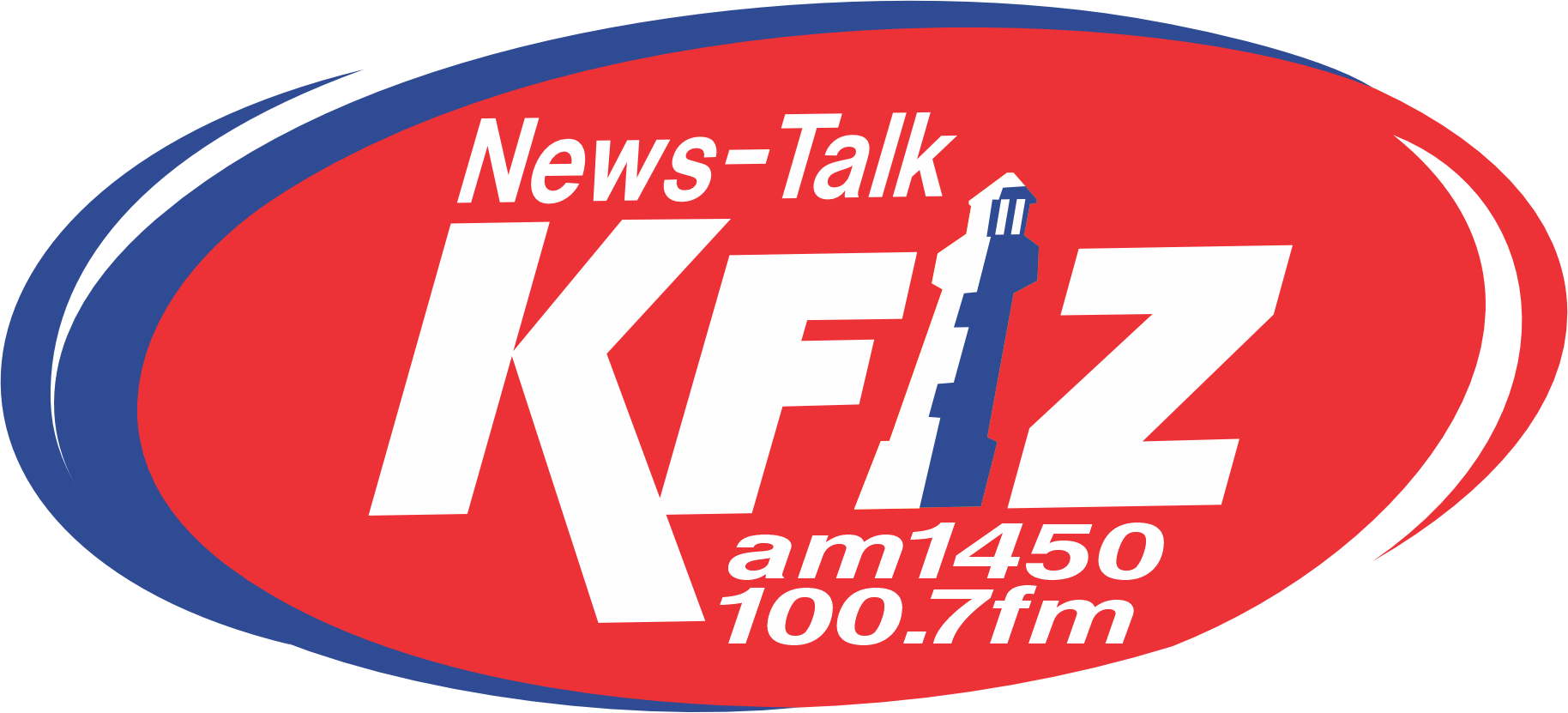Wisconsin News
Lawsuit from Ho-Chunk Nation accuses online platform of illegal sports betting in Wisconsin

A Native tribe in Wisconsin says an online platform is running an illegal sports-betting enterprise.
The Ho-Chunk Nation of Wisconsin filed a lawsuit in U.S. District Court last month, accusing a company called Kalshi of breaking state, federal and tribal laws that regulate gambling.
In Wisconsin, sports betting is mostly illegal, except at tribal casinos. Those tribes operate under agreements with the state.
But Kalshi has an app and website that allows people to put money on the outcome of events, including whether a team will win or lose.
That platform is accessible 24/7 across the country, including on Ho-Chunk tribal lands, the Ho-Chunk Nation’s lawsuit notes.
Kalshi has argued that its platform does not amount to sports gambling. Instead, the company says it’s regulated as a financial exchange because it allows people to place trades on the outcome of future events.
Ho-Chunk Nation President Jon Greendeer says that’s clearly false.
“It’s very profitable for them to make this argument as long as they can, even though any court of competent jurisdiction is going to see right off the bat, as they have in the past, that this is clearly a gambling platform,” Greendeer said in an interview with WPR. “I don’t think there’s anyone that is confused about the operation that they’re doing.”
The suit also accuses Kalshi of false advertising through statements including one that describes Kalshi as the “The First Nationwide Legal Sports Betting Platform” and another that says “Sports Betting Legal in all 50 States.”
Additionally, the complaint describes a listing for Kalshi in the app store which read “You can bet on that.” The lawsuit also references statements that the company’s CEO made on TikTok in October 2024.
“Now, Americans can actually bet on whose going to win, Trump versus Kamala,” Kalshi’s CEO and cofounder Tarek Mansour said in a video posted to the company’s TikTok account. “You can bet on the weather tomorrow. You can bet on inflation. You can bet on whether (New York City Mayor) Eric Adams is gonna get fired, or when he’s gonna get fired.”
In July, three tribes in California filed a similar lawsuit against Kalshi, using the law firm Rapport and Marston. Rapport and Marston is also representing the Ho-Chunk Nation alongside the firm Quarles and Brady.
The Ho-Chunk Nation’s lawsuit asks a judge to issue an injunction, ordering Kalshi to stop operating on or near Ho-Chunk lands.
It also asks for monetary damages, noting that Kalshi’s “illegal, unregulated wagers” are drawing business away from the tribe’s casinos.
“Loss of revenue has a direct impact on tribal governmental functions and has a tangible effect on the services and programs the tribal governments provide to their members and all persons who live, work, and visit the Nation’s Indian Lands,” the lawsuit says.
The Ho-Chunk Nation’s lawsuit also names Robinhood Markets Inc., an investment platform that’s partnering with Kalshi, as a defendant.
Robinhood has argued that the Kalshi doesn’t offer gambling. Rather, the company says the platform allows people to buy and sell futures contracts, which are overseen by the Commodity Futures Trading Commission.
The company’s “event contacts” “(allow) retail customers to access prediction markets in a safe, compliant and regulated manner,” a Robinhood spokesperson said in a statement. “We intend to defend ourselves against these claims.”
Kalshi representatives did not respond to a request for comment.
Kalshi launched in 2021, allowing users to trade on the outcomes of real-world events, including weather and political races. In early 2025, the company filed a self-certification to trade sports events contracts. Those allow buyers to put money on a binary yes-or-no question, including whether a team will win or lose.
In January, Donald Trump Jr., the son of President Donald Trump, joined Kalshi as a strategic advisor.
Wisconsin Public Radio, © Copyright 2025, Board of Regents of the University of Wisconsin System and Wisconsin Educational Communications Board.


